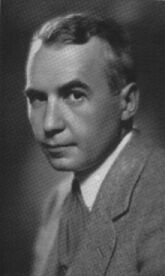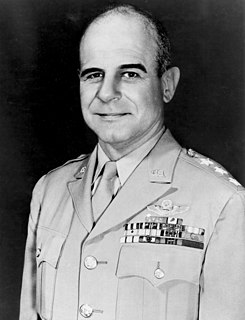A Quote by Ronald Reagan
Here's my strategy on the Cold War: we win, they lose.
Related Quotes
There are some patriotic citizens who sincerely hope that America will win the war - but they also hope that Russia will lose it; and there are some who hope that America will win the war, but that England will lose it; and there are some who hope that America will win the war, but that Roosevelt will lose it.
I think my father [ Erwin Rommel] would have given the same answer. The British and Americans and the French were too strong, too strong and the strategy of this battle was too clever. And the war may be - it would have taken some weeks longer before the German front was penetrated. And by the way, today we know that it was better to lose the war than to win it with Hitler.
I dont think that unless a greater effort is made by the Government to win popular support that the war can be won out there. In the final analysis, it is their war. They are the ones who have to win it or lose it. We can help them, we can give them equipment, we can send our men out there as advisers, but they have to win it, the people of Viet-Nam, against the Communists.
[Barack Obama] is sending more troops [to Afghanistan], but they have also realized that we are not going to win that war through guns and tanks. We have to engage the neighbors, and it is good that there is a non-military strategy in addition to a military strategy. It is, at least, encouraging. Whether it will work or not, the jury is still put.

































